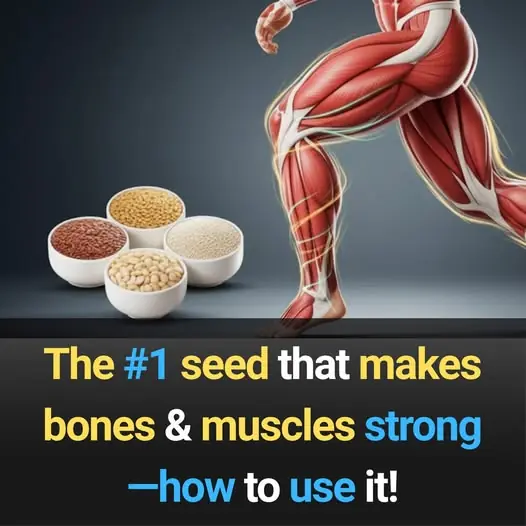
8 Amazing Foods To Clean Out Your Toxic Liver
Today, we’re diving into the best foods to support, cleanse, and rejuvenate your liver. Before we begin, it’s important to clear up a common misconception: your liver does not naturally store toxins. In fact, one of its primary jobs is to remove toxins—everything from environmental chemicals and pollutants to medications and poisons. Only in the case of fatty liver disease do toxins begin accumulating, because they get trapped inside fat cells within the liver, interfering with normal function.
When the liver becomes inflamed, it attempts to repair itself by forming scar tissue. However, too much scar tissue leads to cirrhosis, reducing the organ’s ability to function and creating serious long-term health risks. The good news? The liver is one of the most resilient organs in the body and can regenerate—and food plays a major role in supporting this healing process.
In this guide, we’ll cover the top foods that strengthen the liver’s natural detox pathways, reduce inflammation, and restore proper function. But first, let’s quickly revisit why the liver is so essential.
What the Liver Actually Does
The liver performs over 500 functions, but three of the most important include:
1. Detoxification
Your liver processes toxins, drugs, hormones, chemicals, and metabolic waste. It neutralizes harmful compounds, converts them into harmless forms, and prepares them for elimination.
2. Bile Production
The liver makes bile, a digestive fluid stored in the gallbladder. Bile breaks down fats and enables the absorption of fat-soluble vitamins—A, D, E, and K.
3. Hormone Production & Regulation
Your liver helps produce and regulate several critical hormones:
-
IGF-1 (Insulin-Like Growth Factor 1): Essential for fat-burning, muscle growth, and protein synthesis
-
Steroid hormones: Estrogen, progesterone, testosterone
-
Vitamin D3 activation: Which behaves like a hormone
-
Cortisol: Your primary anti-inflammatory and anti-stress hormone—80% of which is derived from HDL cholesterol made in your liver
This means that a poorly functioning liver can affect everything from your weight and energy levels to your stress tolerance, mood, and metabolism.
Symptoms of Liver Dysfunction
Early liver damage often goes unnoticed, but several warning signs include:
-
Itchy skin
-
Jaundice (yellowing of the skin and eyes)
-
Chronic fatigue or lethargy
-
Swelling in the legs or abdomen
-
Joint aches and inflammation
-
Nausea or poor appetite
-
Declining cognitive function (“brain fog”)
-
Gallstones due to low bile production
Now, let’s explore the best foods to naturally support and cleanse your liver.
Top 8 Foods to Clean, Detoxify, and Support Your Liver
8. Cruciferous Vegetables
Cruciferous vegetables include:
-
Broccoli
-
Kale
-
Brussels sprouts
-
Arugula
-
Mustard greens
-
Radishes
These vegetables are nutritional powerhouses thanks to sulforaphane, a potent phytonutrient that boosts liver detox enzymes, lowers inflammation, and supports hormone balance. Sulforaphane helps your liver detoxify:
-
caffeine
-
environmental chemicals
-
medications
-
pesticides
-
heavy toxins and poisons
Cruciferous sprouts—such as broccoli or radish sprouts—contain up to 10 times more sulforaphane than mature vegetables. Adding even a handful to your meals can dramatically improve detoxification.
They also contain cysteine, a building block of glutathione, the body’s “master antioxidant,” which protects the liver and neutralizes harmful free radicals.
Pro Tip: Lightly heat sprouts at 70°C (158°F) for 10 minutes to boost sulforaphane by up to 4x.
7. Garlic

Garlic is rich in sulfur, which your liver needs to produce glutathione—a crucial compound for detoxification. It acts as a natural:
-
antibiotic
-
antiviral
-
antifungal
-
anti-inflammatory agent
Garlic also helps reduce excess liver fat and protects liver cells from damage. Because of its strong antioxidant profile, garlic has even been studied for its anti-cancer potential.
A small raw clove a day or cooked garlic added to meals can provide significant health benefits.
6. Beets
Beets and beetroot juice contain powerful phytonutrients—particularly betalains—that enhance bile flow and help your liver break down fats more efficiently. They can lower elevated liver enzymes and reduce inflammation in the liver.
Beets are also hepatoprotective, meaning they protect liver cells and slow the progression of fibrosis and cirrhosis. Their high antioxidant content helps neutralize toxins and reduce oxidative stress.
5. Turmeric
Turmeric is one of the most researched herbs for liver health. Its active compound, curcumin, is known for:
-
anti-inflammatory effects
-
antibacterial and antiviral properties
-
antioxidant support
-
protection against heavy metal toxicity (lead, arsenic, mercury, cadmium)
Curcumin also helps reduce fat accumulation in the liver and supports regeneration of liver tissue. This is especially important for conditions like NAFLD (non-alcoholic fatty liver disease).
Pair turmeric with black pepper (piperine) to increase absorption by up to 2,000%.
4. Mushrooms
Several types of mushrooms contain high levels of glutathione and other antioxidants that protect the liver:
-
Porcini
-
Oyster
-
White button
-
Shiitake
Additionally, reishi and shiitake mushrooms have strong hepatoprotective effects, reducing inflammation and supporting immune function. Regular consumption can help guard against oxidative stress and environmental toxins.
3. Avocados
Avocados are rich in healthy fats and glutathione-boosting compounds that protect liver cells and help reduce inflammation. Eating just 1–2 avocados per week can:
-
support liver regeneration
-
lower inflammation
-
reduce fatty liver risk
-
improve cholesterol balance
Their fiber content also supports gut health, which directly affects liver function.
2. Eggs
Egg yolks are one of the best natural sources of choline, a nutrient essential for preventing and reversing fatty liver disease.
Choline helps:
-
transport fat away from the liver
-
reduce liver inflammation
-
regulate cholesterol levels
-
regenerate liver cells
Organ meats like liver and kidney are also excellent sources of choline, but eggs are more accessible for most people.
1. Prebiotics & Probiotics
The gut and liver are directly connected through the hepatic portal system, meaning whatever happens in your gut immediately affects your liver. When harmful gut bacteria overgrow, they release toxins and inflammatory compounds that burden the liver.
Probiotics and prebiotics help restore gut balance, leading to improved liver health. Studies show that people with NAFLD who take these supplements experience:
-
reduced liver fat
-
decreased inflammation
-
less scarring
-
improved liver enzyme levels
Prebiotic-rich foods include:
-
Garlic
-
Onions
-
Asparagus
-
Bananas
Probiotic-rich foods include:
-
Sauerkraut
-
Kimchi
-
Miso
-
Kombucha
-
Yogurt or kefir
Strengthening your gut is one of the most powerful ways to strengthen your liver.
Final Thoughts
Your liver is incredibly resilient—and with the right foods, you can support its detoxification pathways, lower inflammation, and even help it regenerate. Incorporating these eight foods consistently can make a massive difference in your overall health, energy levels, hormone balance, and long-term longevity.
News in the same category


14 Warning Signs of Low Magnesium Levels and What to Do About It (Science Based)
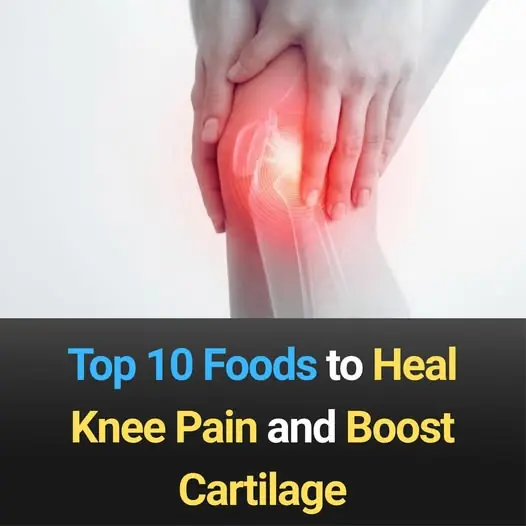
Top 10 Foods to Heal Knee Pain and Boost Cartilage Naturally
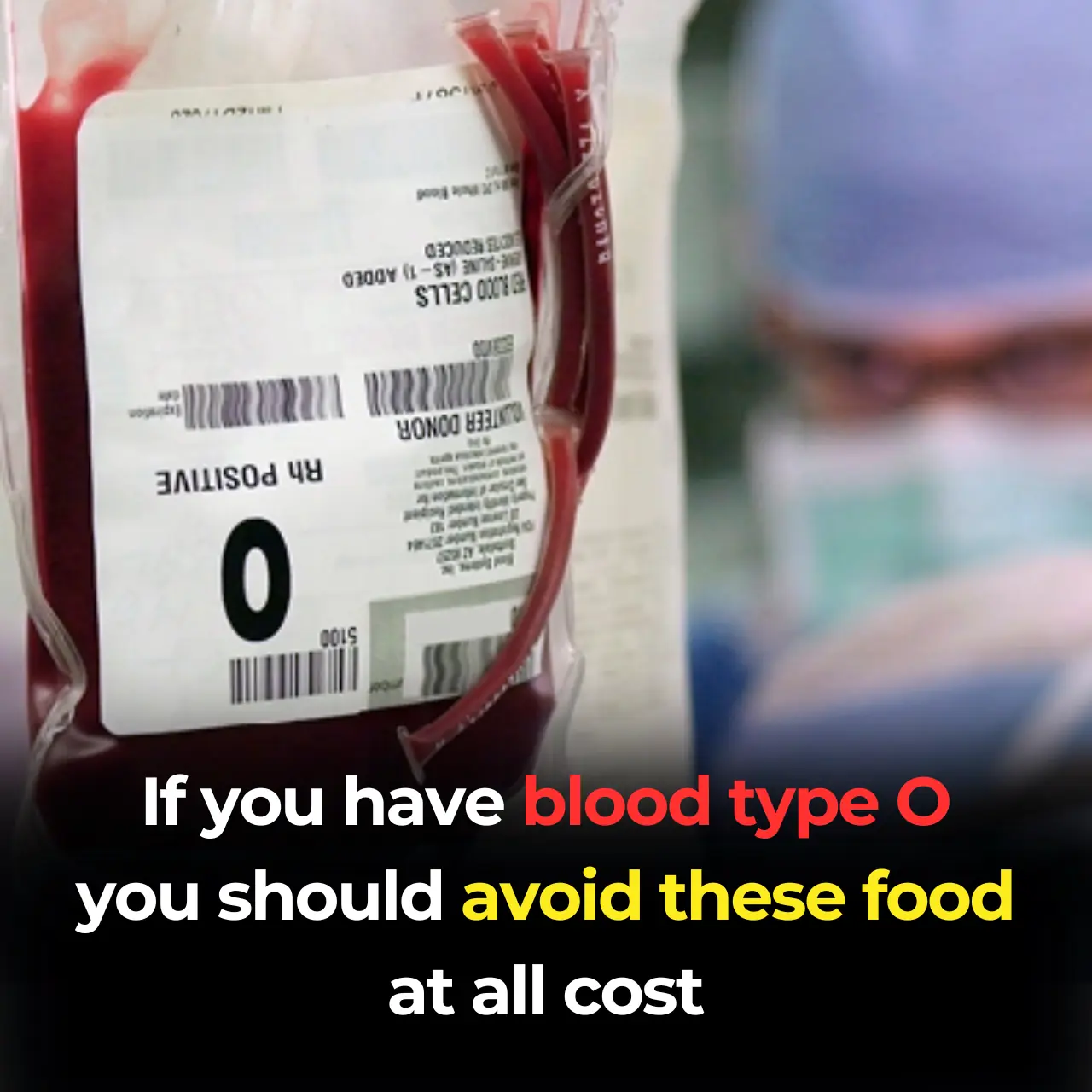
Blood Type O Diet: What to Eat and What to Avoid
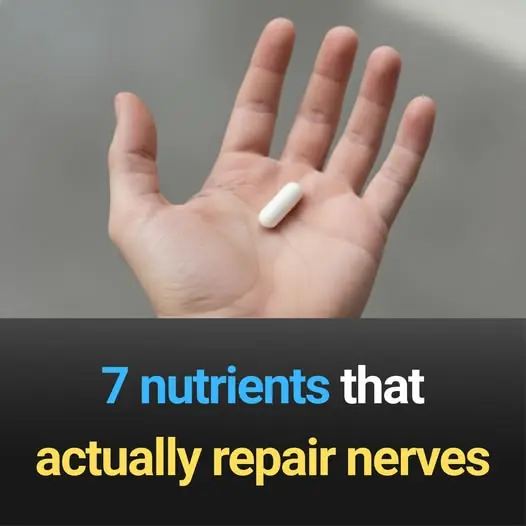
7 nutrients that actually repair nerves

This one vitamin could help stop you from waking up to pee every night

The Cold Room Sleep Trick That Can Transform Your Health

Why You Keep Waking Up at Night
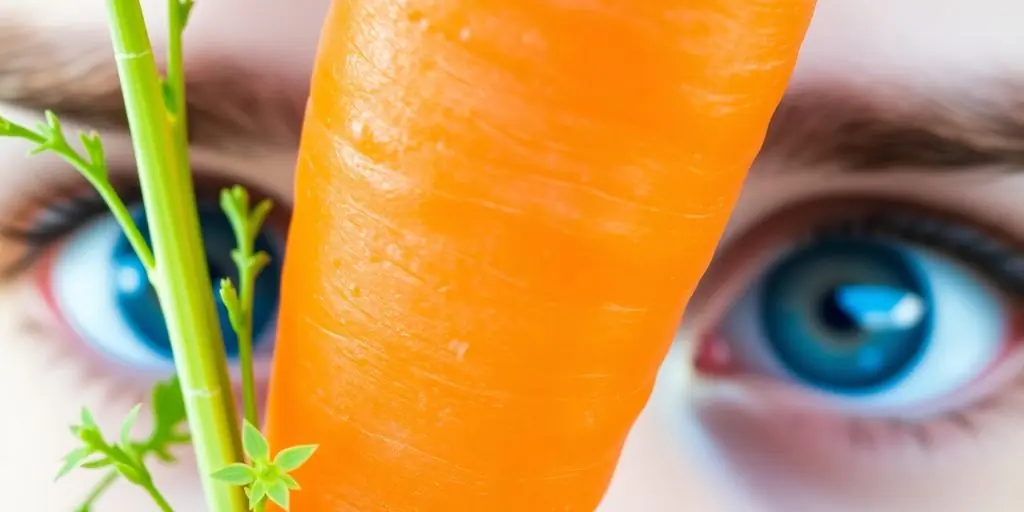
Research reveals the #1 vitamin for eye protection
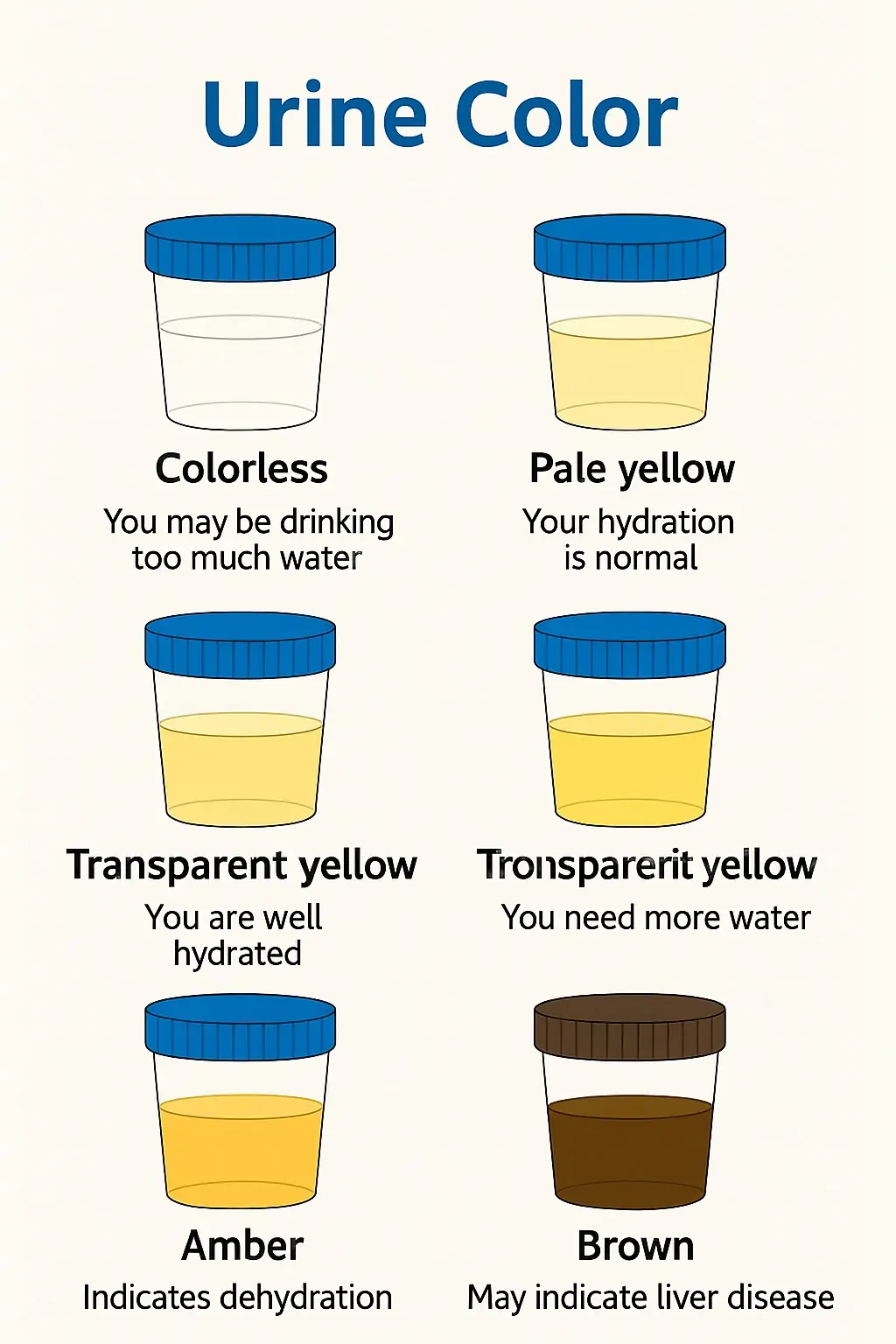
What Your Urine Color May Be Telling You (Gently & Naturally)
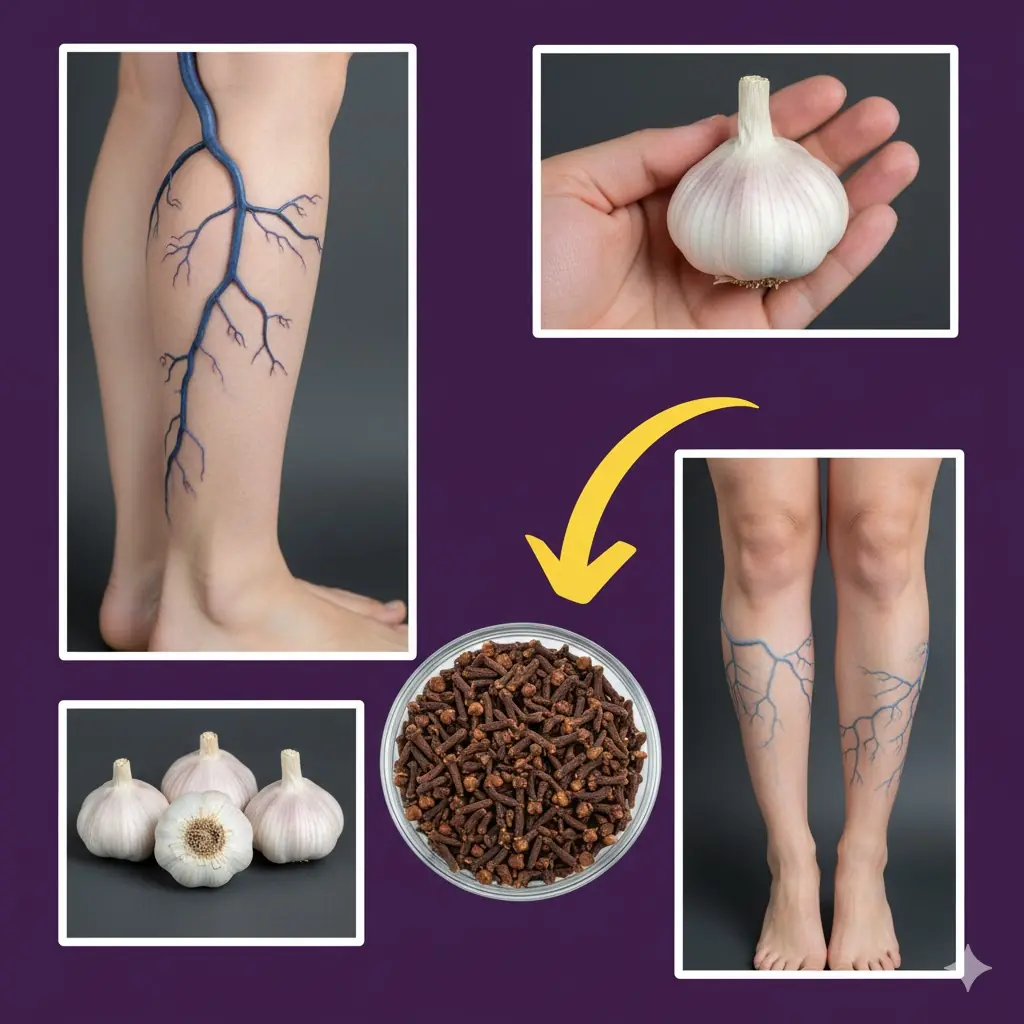
Soothe Leg Pain Naturally: Garlic & Clove Remedy for Joints, Circulation, and Comfort
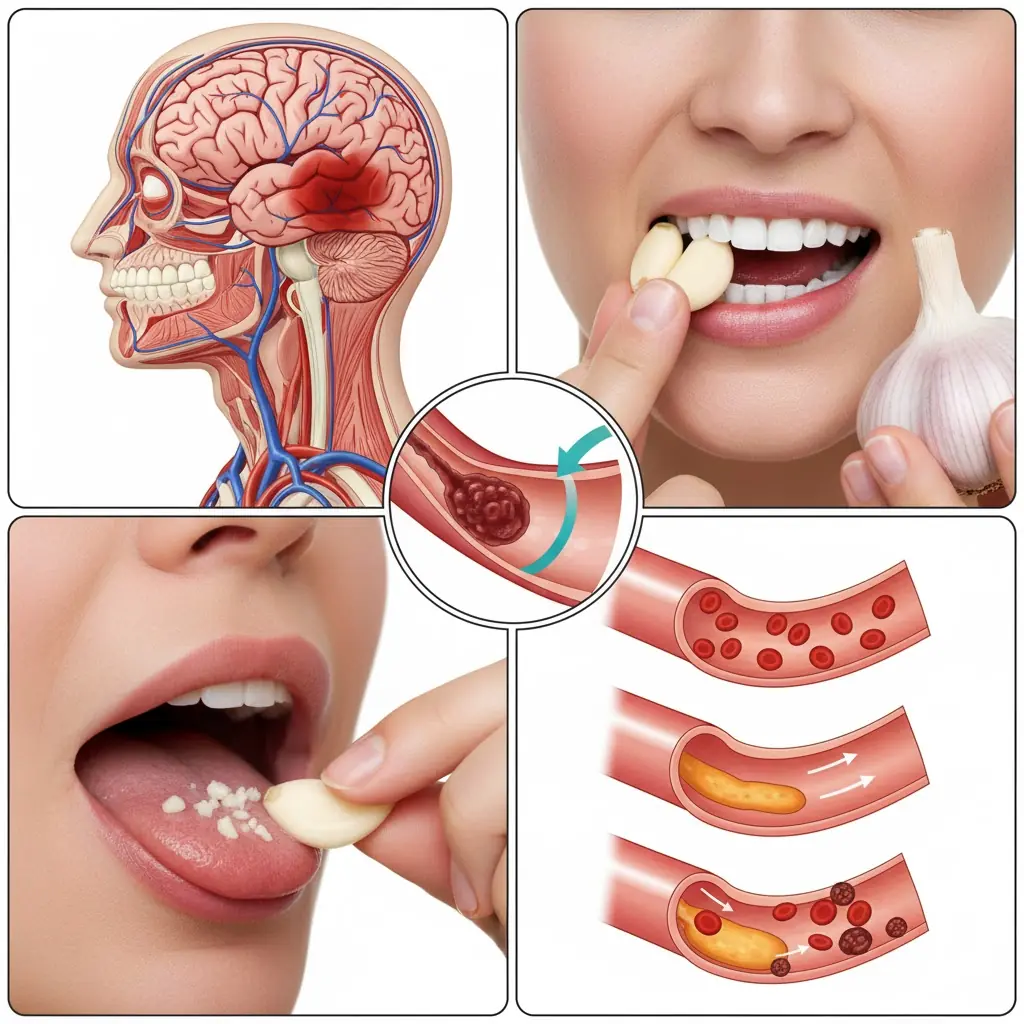
Eat Garlic — But Avoid This Common Mistake! | 95% of People Don’t Know This Simple Trick

Home Remedies For Kidney Stones – 21 Remedies For Effective Pain Relief
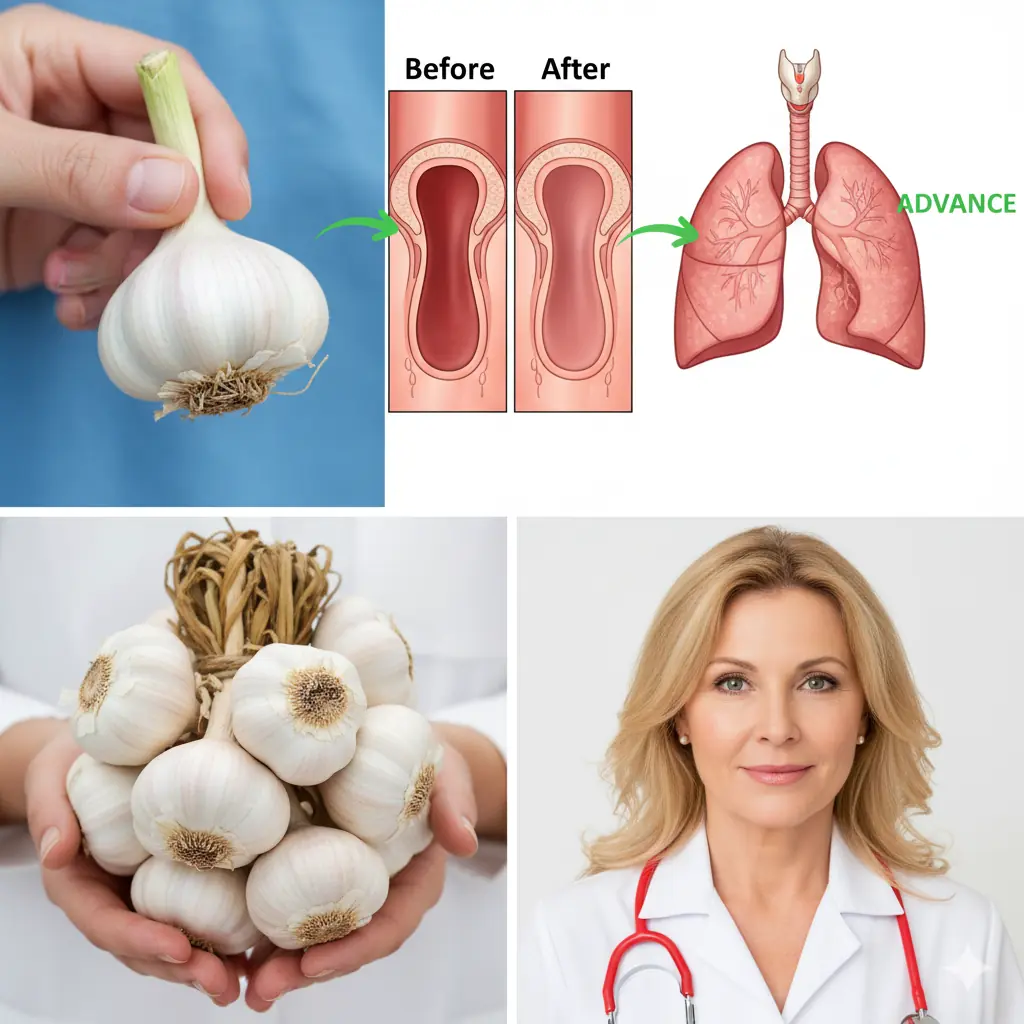
Eat One Clove of Garlic Every Morning on an Empty Stomach – and Watch These 12 Health Benefits Unfold!
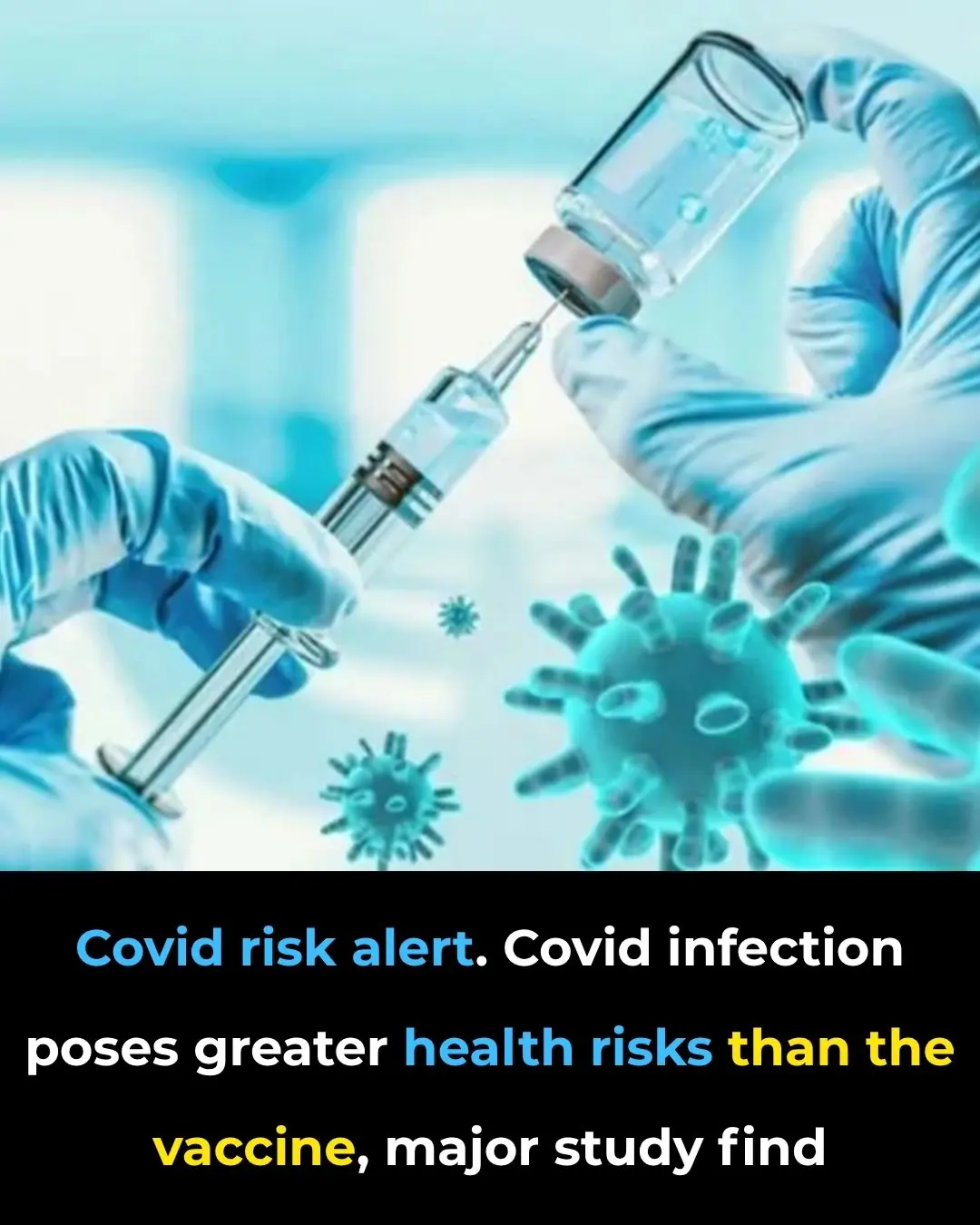
Public Health Experts Stress Vaccination as Key to Preventing Severe and Long COVID
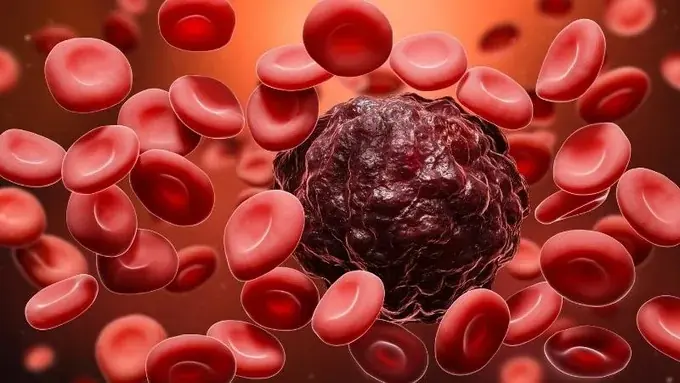
People who are about to be affected by cancer often show three unusual signs in the neck; even having just one of them can be a warning for your health
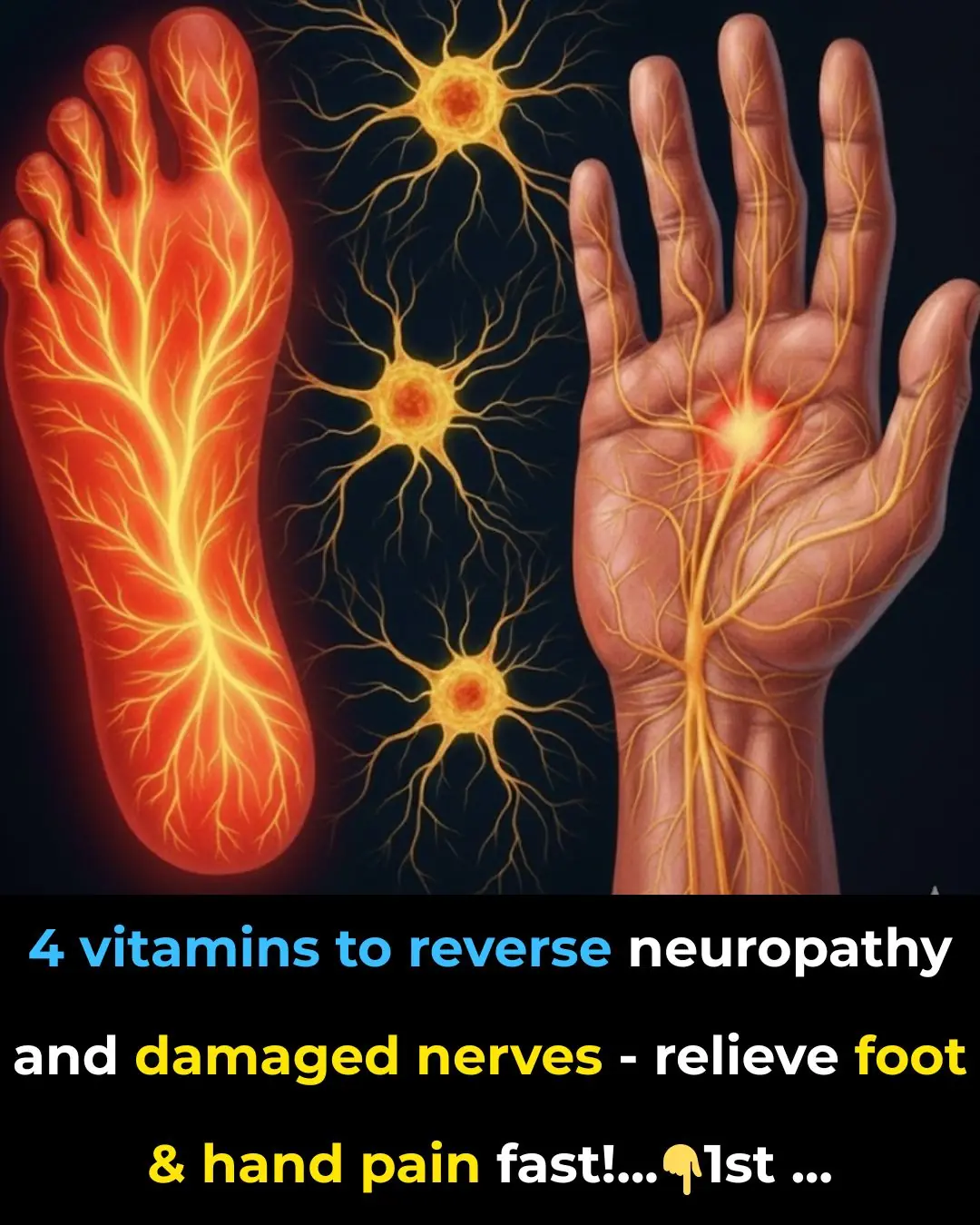
4 vitamins to reverse neuropathy and damaged nerves – relieve foot & hand pain fast!
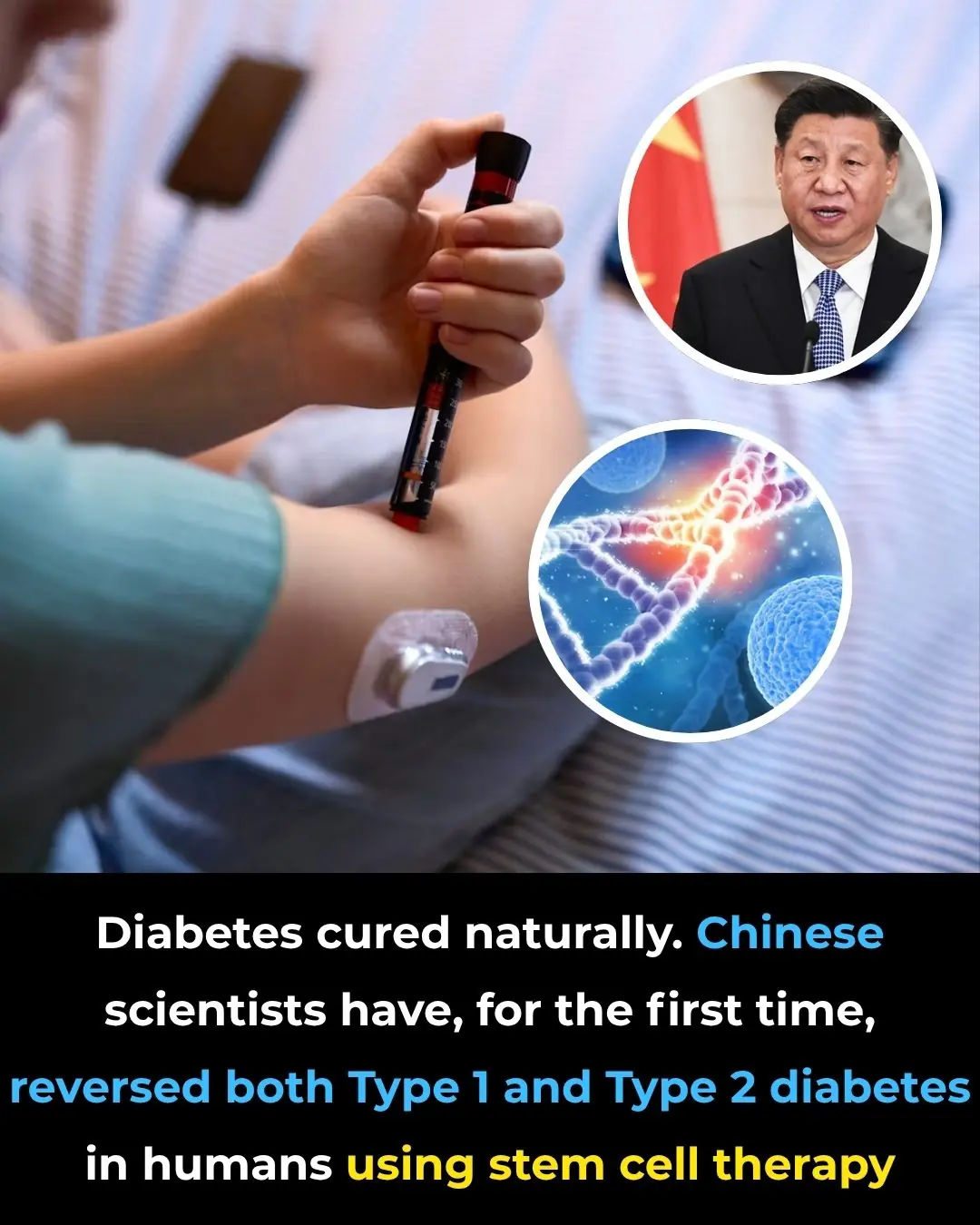
Stem Cell Breakthrough Offers New Hope for Reversing Diabetes in Early Human Trials
News Post

How I Exp0sed My Husband’s Li es: A Cheating Anniversary He'll Never Forget

THE CAT THAT BR0KE ALL THE RULES: A POLICE OFFICER'S UNEXPECTED MISSION
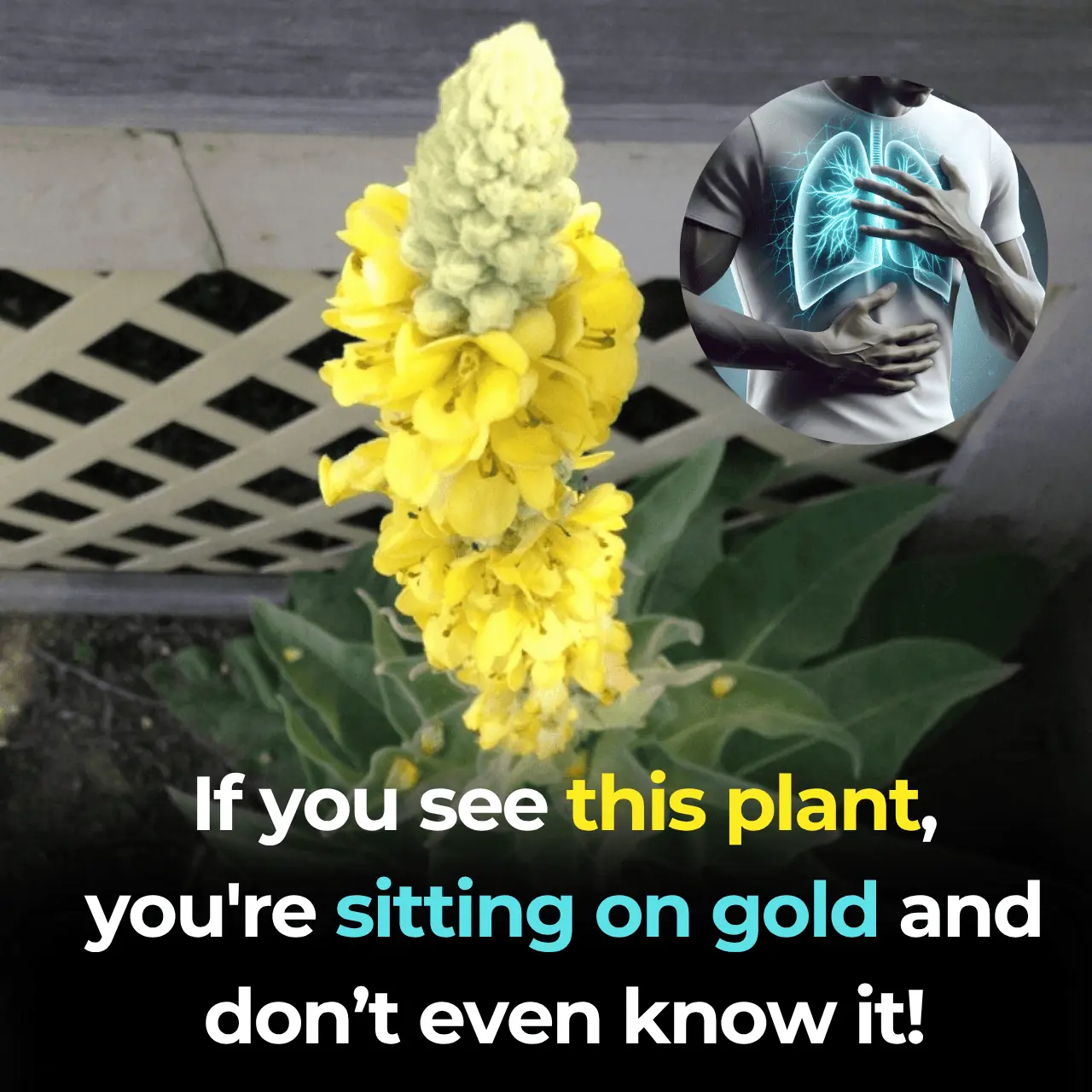
Mullein: Exploring the Benefits of Leaves, Flowers, and Roots

Airport X-Ray Scanners Upgrade: Shocking Level of Details

From White Hair to Naturally Darker Hair: Fast Home Remedies & Growth Tips

Teen told he just had ‘growing pains’ dies day after diagnosis

7 Ways To Use Vaseline For Wrinkle Free, Flawless Skin

EVERYTHING JAMES FRANCO SAID ABOUT BEING ‘CAST OUT’ FROM HOLLYWOOD DURING HIATUS

The #1 seed that makes bones & muscles strong—how to use it!

14 Warning Signs of Low Magnesium Levels and What to Do About It (Science Based)

Strictly Come Dancing star eliminated from competition on their birthday

Top 10 Foods to Heal Knee Pain and Boost Cartilage Naturally

Blood Type O Diet: What to Eat and What to Avoid

7 nutrients that actually repair nerves

Coronation Street's Lucy Fallon shows off huge ring as she announces engagement

MAFS UK’s ‘strongest’ couple split after romantic display at reunion
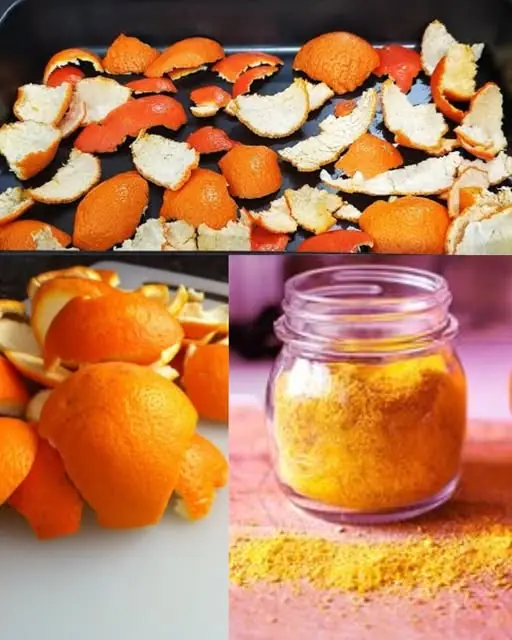
The Versatility and Benefits of Orange Peel Powder
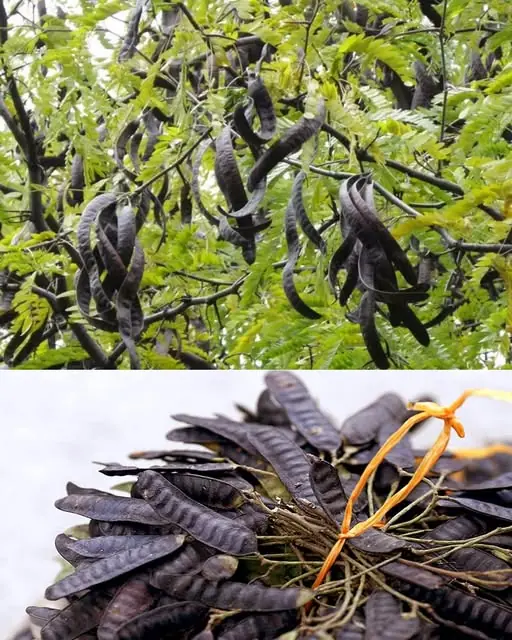
The Hidden Power of the Honey Locust Tree (Gleditsia triacanthos): Health, Healing, and Everyday Uses

This one vitamin could help stop you from waking up to pee every night

